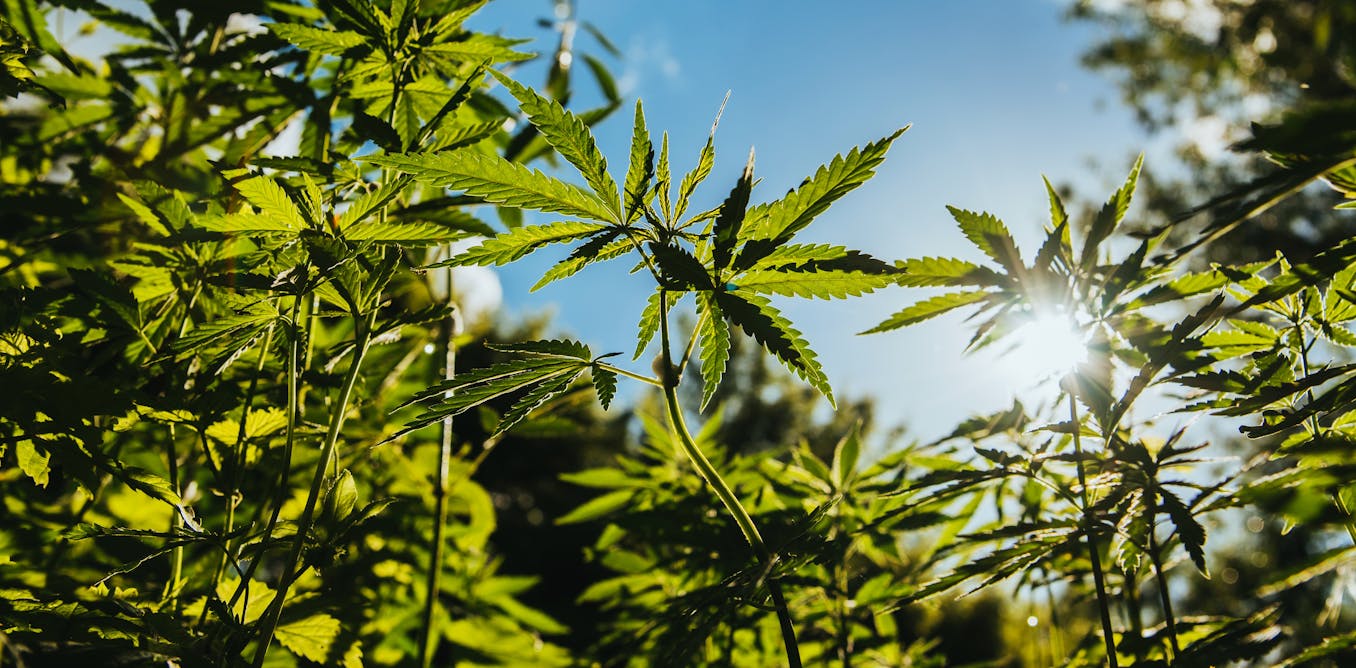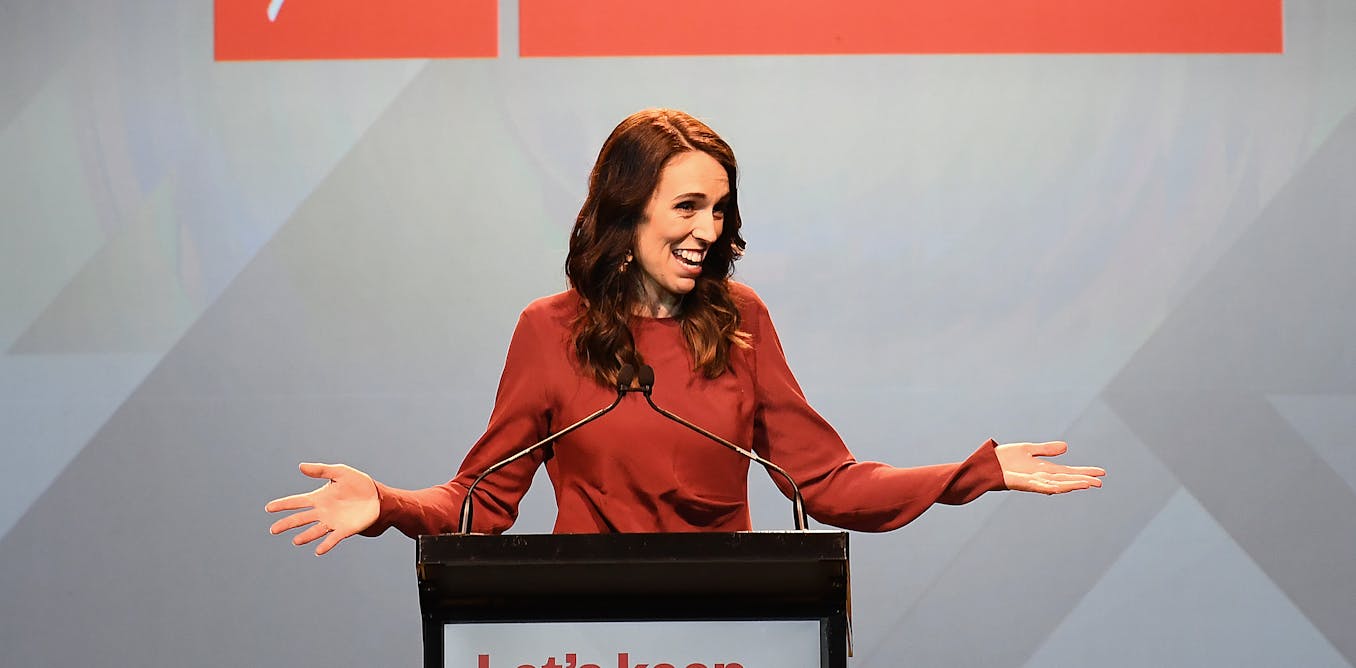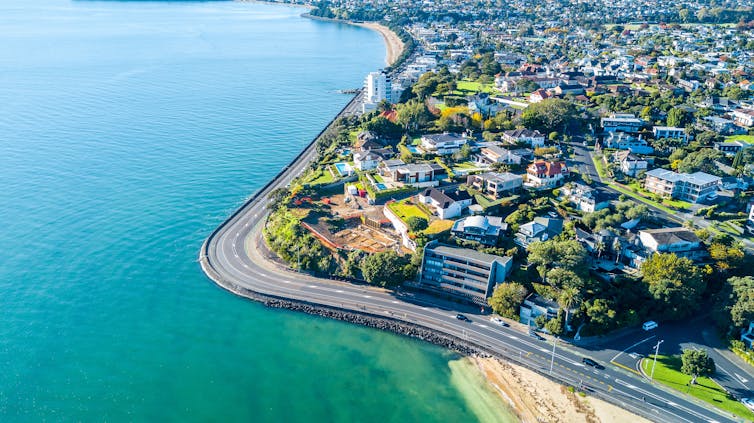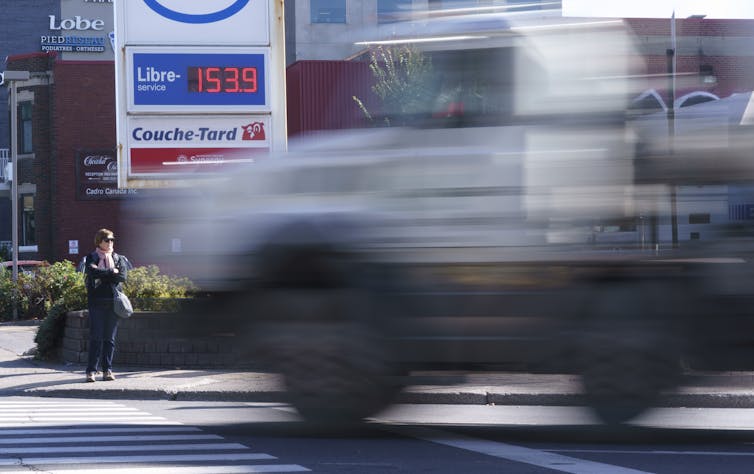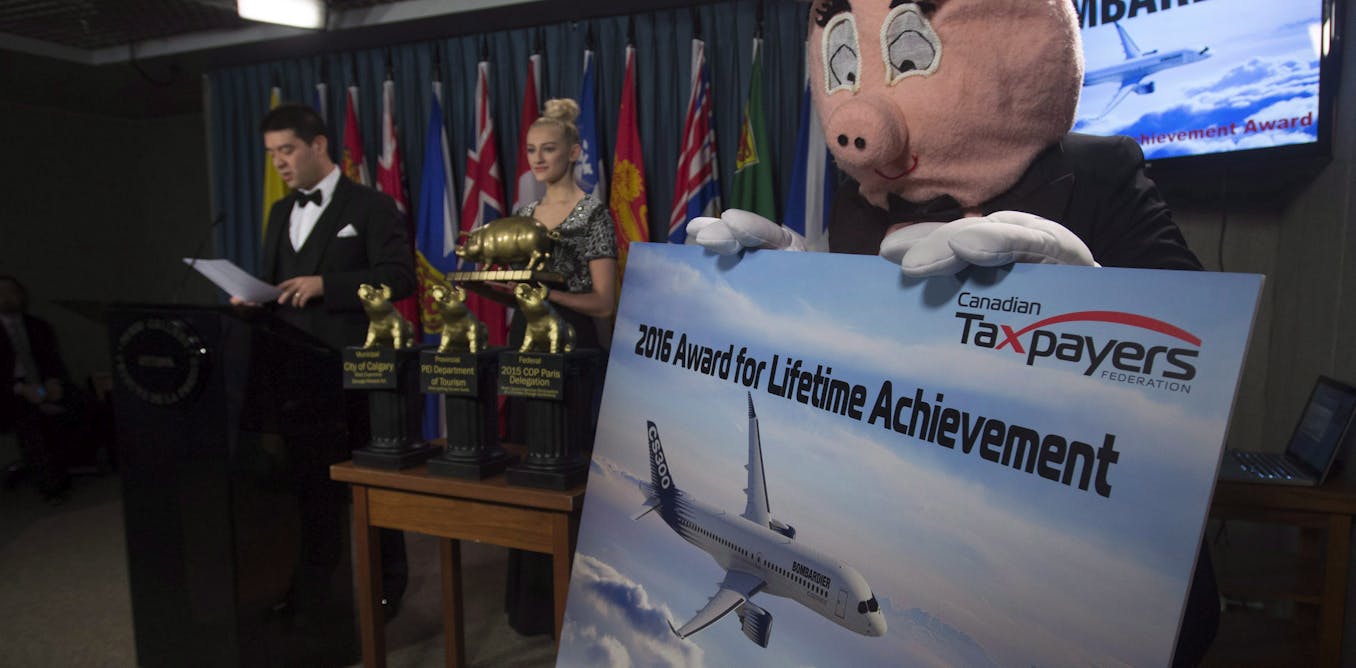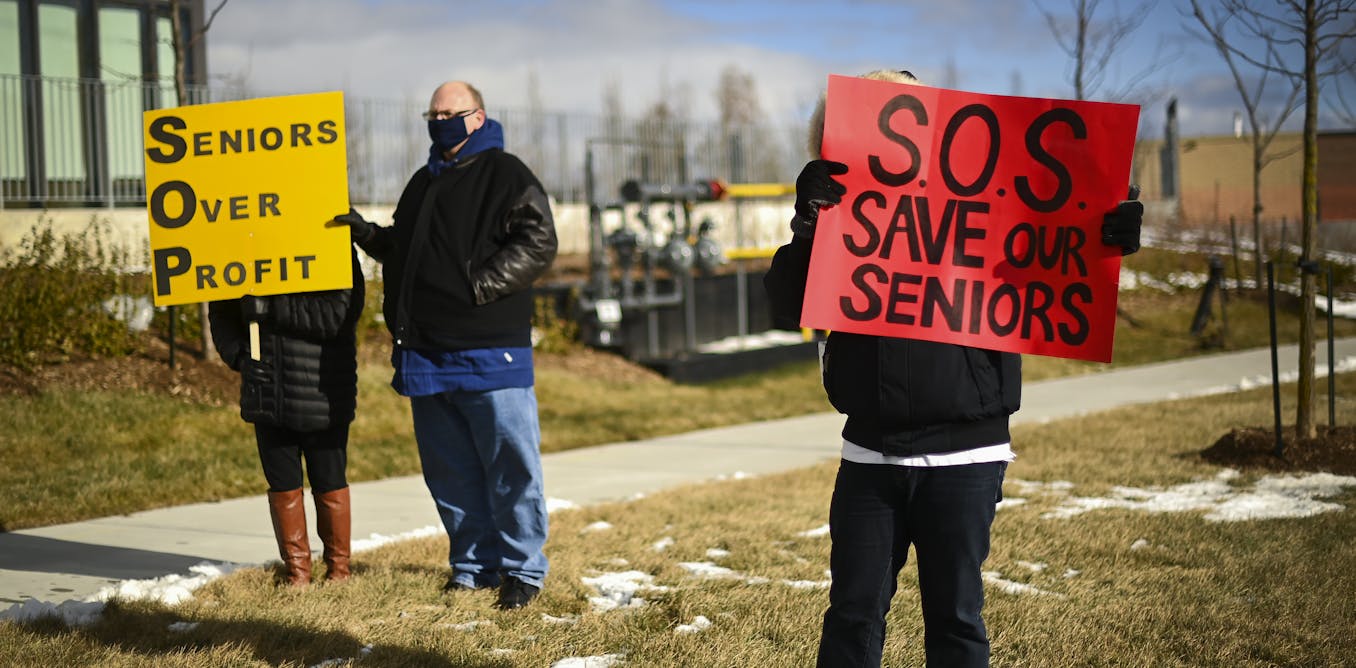The throne speech: Inflation crowds out the agenda — and could for years to come
Inflation rates are rising around the world due to pandemic-related pressures. What does it mean for the federal government in the months and years ahead? The throne speech didn’t offer many clues.
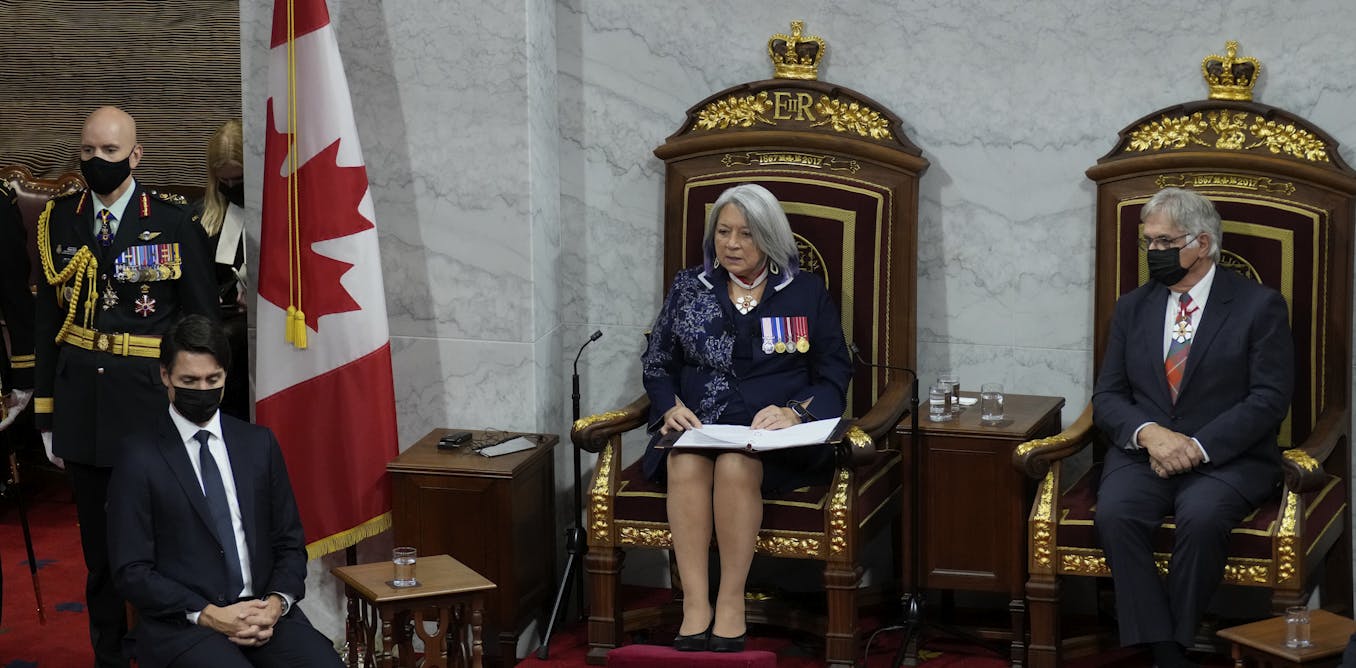
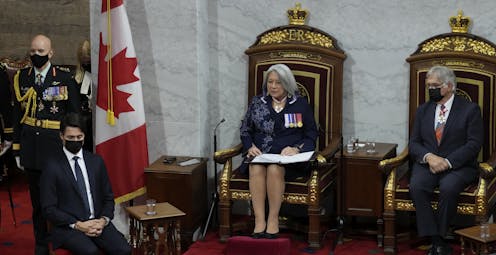
“Inflation is a challenge that countries around the world are facing,” the federal government intoned in its latest speech from the throne, marking the first time in a generation that the dreaded “I-word” has appeared in a throne speech.
Though inflation only commanded a brief reference in the 1,600-word missive, its mere mention says something significant about where Canadian politics might be headed.
Climate change, Indigenous reconciliation and various social policies (notably $10 a day childcare) were, not surprisingly, core to the throne speech.
Leer más: Why elections matter: National child-care plan could create workplace gender equality
These are the issues Prime Minister Justin Trudeau’s government thinks Canadians, or at least those who might be inclined to vote Liberal, care most about. They are the files Trudeau and his ministers feel most comfortable with and want their minority government to be judged on when Canadians next go to the polls.
Inflation, however — because of its direct and visible impact on every Canadian — can crowd out most if not all other government issues. Trudeau’s father, for example — former prime minister Pierre Trudeau — had ample experience with the dominance of inflation politics in the 1970s and early 1980s, when he invoked wage-and-price controls after ridiculing the idea in the 1974 general election with his famous quip: “Zap, you are frozen.”
To be sure, today’s inflation is nothing like the 11 per cent rate Pierre Trudeau had to contend with in the mid-1970s, or the 12 per cent of the early 1980s.
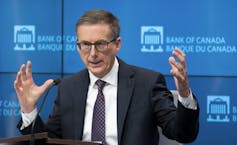
Nevertheless, inflation has made a return to Canada in a way that’s not been witnessed since grunge music, Seinfeld and The Simpsons were novelties. Canada’s inflation rate is now more than four per cent and the Bank of Canada forecasts it will reach five per cent by the end of the year.
To put that in recent historical context, inflation has not cracked three per cent since 1991.
Other countries grappling with rising prices
South of the border, inflation is already north of six per cent, prompting the Joe Biden administration to take the extraordinary step of releasing 50 million barrels of oil from the U.S. Strategic Petroleum Reserve to try to lessen the pain on American consumers from sharp increases in fuel prices. (So much for Biden’s climate change agenda).

Interest rates — the chief instrument to control inflation — are already on the rise in New Zealand, and poised for an increase in the United Kingdom, to deal with four per cent inflation in those countries.
As the Bank of Canada has written:
“For many young Canadians who do not remember the high rates of inflation in the 1970s and early 1980s, it is difficult to appreciate why inflation matters; they have only experienced a world of low and stable inflation — inflation so low and so stable that most probably ignore it completely.”
Many members of the Trudeau cabinet, born in the 1970s and 1980s, fit into this category. Nevertheless, the halcyon days of inflation irrelevancy seem to be over.
Canadians, young and old, are once again learning why inflation matters so much, and feeling the pain in so doing — at the grocery store, the department store, the gas pumps and online.
Inflation culprits
The causes of today’s inflation, most economists think, are the result of global supply chain bottlenecks and shifting consumer demand from services to goods, both owing to the effects of the COVID-19 pandemic.
There may be little governments can do about these things. This is presumably why the Trudeau government had so little to say about inflation in its throne speech.
The fact that the government suggested their child-care and housing initiatives are core anti-inflationary measures indicates the degree to which Ottawa is uncomfortable with the subject, if not grasping at straws. Or to be less charitable, as one former senior government economic adviser put it to me: “Their economic illiteracy is stunning.”
Timing is everything in politics. Generally speaking, minority governments in Canada don’t last more than two to three years. And no one knows how long this new inflation will last, or when it will peak.
Leer más: Why minority governments have been good — and sometimes bad — for Canada
We don’t know if or when the Bank of Canada will see fit to intervene and increase interest rates — which would be politically controversial in its own right given the high debt burden of Canadians — to put inflation back in its box.
In other words, inflation and/or interest rates could well be the issue in the next general election, regardless of the throne speech or what the government hopes voters will focus on.![]()
Eugene Lang is affiliated with The Canadian Association of Defence and Security Industries, and the Canadian Global Affairs Institute.
What's Your Reaction?












































































